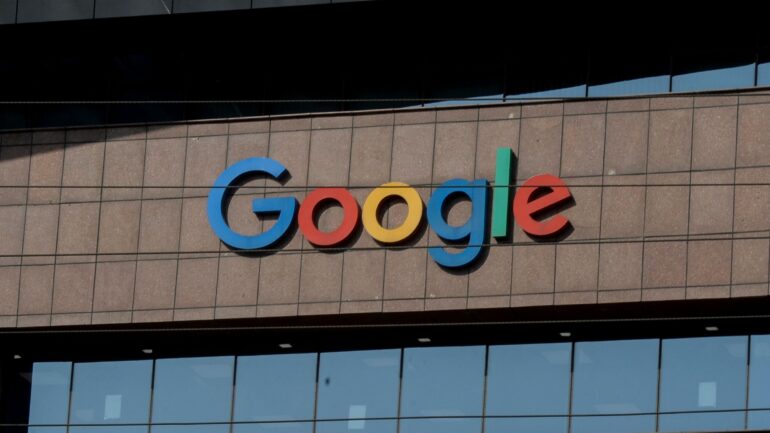- Former Google AI engineer Leon Ding was apprehended for stealing trade secrets to establish ventures in China.
- Charges include four counts of trade secret theft related to advanced technologies.
- Ding was accused of uploading confidential Google data to personal accounts.
- FBI search at Ding’s residence yielded electronic devices and potential evidence.
- Disruptive Technology Strike Force led the investigation, highlighting U.S. efforts to safeguard technological advancements.
- Both U.S. and Chinese governments recognize the strategic importance of artificial intelligence.
- Google emphasizes its commitment to protecting confidential information and trade secrets.
Main AI News:
In a recent development, the Department of Justice has apprehended a former Google AI engineer, asserting that he unlawfully obtained information pertaining to the company’s cutting-edge technologies with intentions to establish his own venture in China.
Leon Ding, also known as Linwei Ding, a 38-year-old Chinese national, was apprehended in Newark, Calif., and charged with four counts of trade secret theft.
This case underscores the U.S. government’s unwavering commitment to thwarting any efforts aimed at illicitly transferring advanced U.S. technologies to China, particularly in the context of a Cold War-esque technological competition between Washington and Beijing.
According to U.S. Attorney General Merrick Garland, “The Justice Department will not tolerate the theft of artificial intelligence and other advanced technologies that could jeopardize our national security.“
If found guilty, Ding could face a maximum sentence of 10 years in prison and fines of up to $1 million.
An indictment filed in federal court in San Francisco outlines Ding’s employment at Google as a software engineer starting in 2019. During his tenure, he was involved in developing software for Google’s supercomputing data centers, focusing on enhancing machine learning and AI applications for the company’s clientele.
Prosecutors allege that Ding began transferring confidential Google data to his personal Google Cloud account in May 2022 and had amassed over 500 files by May 2023.
The charges of trade secret theft pertain to chip architecture and software design specifications for “tensor processing units” and “graphics processing units,” which constitute the core components of supercomputing centers.
While still employed at Google, Ding assumed the role of chief technology officer at Beijing Rongshu Lianzhi Technology, a China-based AI company. Additionally, he founded Shanghai Zhisuan Technology without disclosing these activities to Google.
On January 6, the FBI conducted a search of Ding’s residence, seizing electronic devices and other potential evidence.
Assistant Secretary Matthew Axelrod of the Commerce Department’s Office for Export Enforcement cautioned, “Let today’s announcement serve as a further warning: Those who would transfer sensitive U.S. technology to China risk finding themselves on the wrong end of a criminal indictment.”
The investigation into Ding was conducted by the Disruptive Technology Strike Force, a collaboration between the Justice and Commerce departments aimed at safeguarding U.S. technologies from falling into the hands of “authoritarian regimes and hostile nation-states.“
Artificial intelligence is regarded by both the U.S. and Chinese governments as a pivotal emerging technology with vast potential to drive economic growth across various sectors, while also serving as a crucial asset for military and intelligence purposes. President Biden’s AI executive order, issued last year, underscores the importance of maintaining American leadership in AI innovation ahead of rival nations like China.
Efforts to reach Ding, Beijing Rongshu Lianzhi Technology, and Shanghai Zhisuan Technology for comment were unsuccessful.
Google spokesperson José Castañeda stated, “We have stringent measures in place to safeguard our confidential commercial information and trade secrets. Following an internal investigation, we discovered that this employee had misappropriated numerous documents, prompting us to promptly escalate the matter to law enforcement authorities.“
Conclusion:
The arrest of the former Google AI engineer underscores the increasing concerns surrounding the protection of intellectual property and trade secrets in the tech industry. This incident highlights the fierce competition and geopolitical tensions between the United States and China in the realm of advanced technologies, particularly artificial intelligence. Companies must remain vigilant in implementing robust security measures to safeguard their proprietary information from potential threats and unauthorized access.

